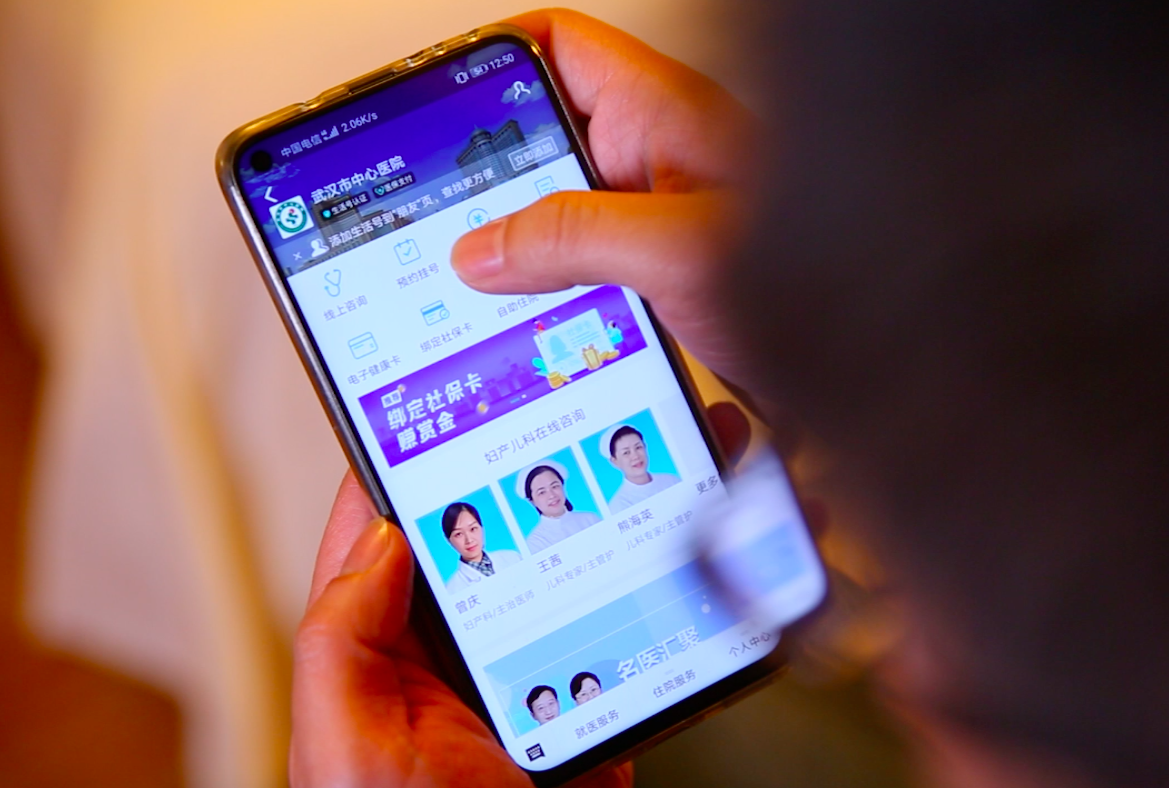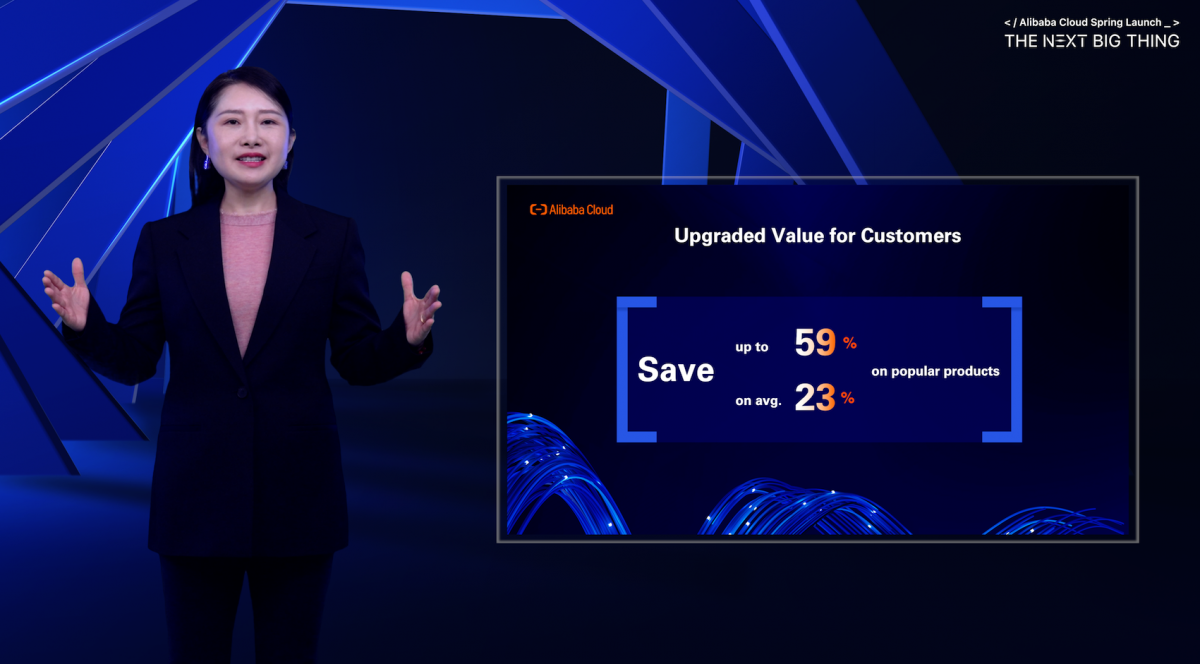
AliHealth wants to make hospital visits a painless experience in China, starting in the central city of Wuhan.
Rather than dealing with personal IDs, insurance cards, forms and long lines, patients of the Central Hospital of Wuhan can now use the Alibaba ecosystem to streamline their trip to the doctor.
By using mobile payments and lifestyle app Alipay, they can go cash-free and card-free, check in online to skip the queue, get notifications on their place in line, receive digital diagnostic reports and pay for services. The app offers a mapping feature that guides patients to their next destinations as well, relieving them of the stress of navigating the facilities.
WATCH: AliHealth’s new digital tool in action.
The hospital also leverages Alibaba Cloud‘s blockchain technology to ensure that patients’ e-prescriptions are kept safe while being shared among the doctor, the pharmacist and the payment system. Blockchain essentially stores “blocks” of information into an unalterable, interlinked chain that’s spread across a network of computers, rather than a centralized database. In healthcare, a growing application of blockchain technology is being used to securely share and update patient information in real-time.
“We want to use internet technology to provide physical hospitals with a deeper, more comprehensive solution to improve the patient experience,” said Wang Peiyu, vice president of AliHealth. “Patients previously had to run to the hospital counters or self-service kiosks to check in, pay, pick up medication and retrieve their diagnosis reports. Now, all these steps are seamlessly connected within a smartphone.”



Patients with chronic conditions, such as diabetes or high blood pressure, can use the app to talk to doctors over a video call, then have their medication delivered to their doors, said Wang.
Yang Guoliang, deputy director at the Central Hospital of Wuhan, said working with AliHealth to upgrade their hospital, from payment technology to delivery logistics, helps to “provide more convenient and stable services to patients.” Within the first two weeks of the soft-launch last month, nearly 15,000 people have used the digital solution. AliHealth said it plans to expand the model to more health institutions across the country.



According to Shenzhen-based ASKCI Consulting, China’s smart healthcare market has been growing quickly in recent years, becoming the third-largest market in the world in 2018, after the U.S. and Japan. In its latest report, the consulting firm forecasted that the Chinese smart healthcare market will reach RMB 88 billion ($13 billion) in sales volume by the end of the year and RMB 100 billion by 2020, up from RMB 70 billion in 2018.
Separately, AliHealth last month announced it had expanded its 24/7 pharmacy delivery service beyond Beijing, Guangzhou, Hangzhou and Shenzhen to Wuhan. The city’s consumers can now have their over-the-counter drugs delivered in half an hour day or night.




